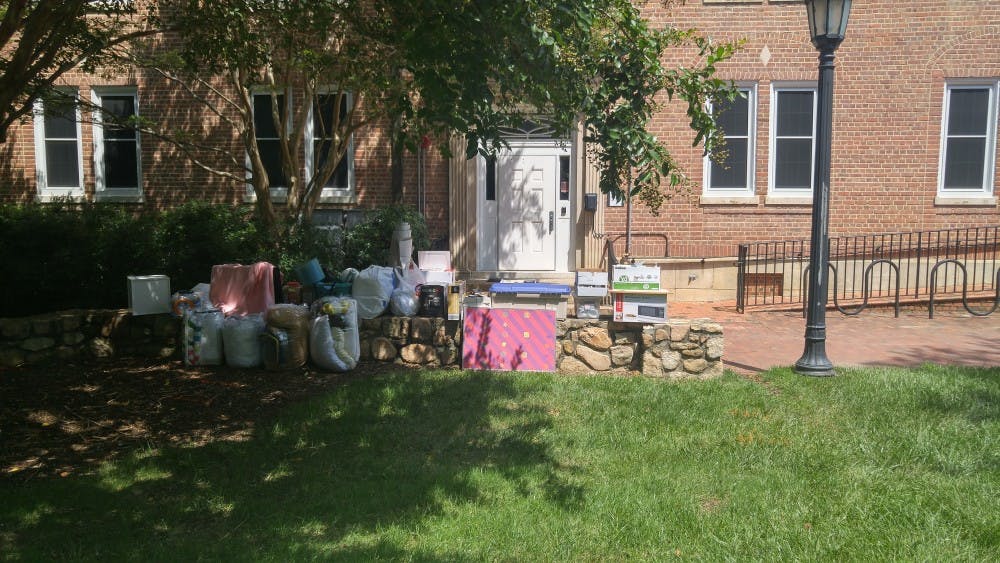While the majority of students rush home once fall, Thanksgiving and winter breaks hit, exchange students often brave a class-free Chapel Hill away from their homes and families.
This is the second year Carolina Housing has allowed students to stay on campus during both Thanksgiving and spring breaks. Housing has also offered students placement in Craige and Craige North along with housing in open UNC-owned apartments over winter break.
“When we made the decision to be open for the breaks, we knew that that was just one piece of what they would need in terms of their ability to thrive during those break periods here in Chapel Hill,” Carolina Housing Director Allan Blattner said. “If you don't have a place to sleep, it doesn't matter where you eat. It doesn't matter all those other things. So it really is the first step and now we're just trying to build resources and lean on the Chapel Hill community.”
Trinity College Dublin exchange student Dan O’Neill did not expect many things when he came to UNC this semester. He didn’t expect the differing social scene compared to the many pubs and bars of his hometown, the smaller classes at UNC, the high levels of patriotism in the U.S. or how much he would miss his home.
“I feel like I know Dublin quite well,” O’Neill said. “I lived there pretty much my whole life. I know the areas. I know lots of people. Just being in an unfamiliar environment for a long period of time is probably the hardest thing.”
During breaks is when homesickness strikes the hardest for some students.
“It's like a ghost town,” O’Neill said. “It's very strange, especially because it's so big as well. It's much bigger than my campus at home. It just feels completely empty.”
Ed Thistlethwayte, an exchange student from England, feels that the University strives to present resources, but that more availability of dining halls and Target-like stores during breaks would be beneficial.
“Student life is very based around the campus in the U.S. or in Chapel Hill, whereas back home the student life was based around the city you were in,” Thistlethwayte said. “It's more about what the University can do for you here in terms of what they can provide, so that's helpful.”




